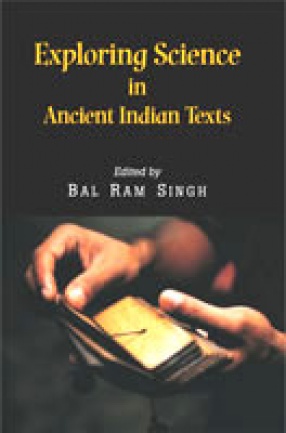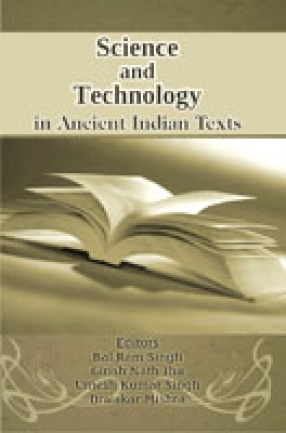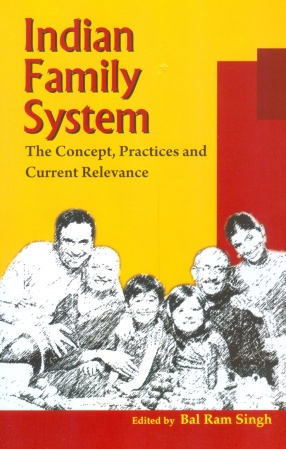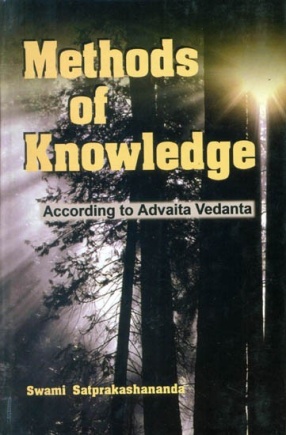Philosophical and cultural factors play a significant role in developing scientific theories and interpreting data. These factors are also influential in assessing science and technology. We experience a visible distinction in the philosophy and culture of the West and East, mainly due to geographical and climatic reasons. And this difference reflects in their approach to science and technology too. Modern science has many roots in Vedic and Upanishadic knowledge. For historical reasons or so, this has been deliberately disassociated even from the philosophical bases. Vedic traditions or dharma traditions address many a question that modern science addresses. These include the origin of matter and universe, origin of life, origin of species and evolution, state of consciousness and mind, among others.
This book addresses topics such as the basic premise of scientific approach to examine reality; mathematical and scientific knowledge, derivation, and application of Vedic perspective; and models for current scientific issues with Vedic perspective, and thus covers ideas of matter and universe, consciousness and mind, and fundamental questions of defining and applying science and scientific approaches. It also deliberates on more attractive aspects of Vedic knowledge such as Ayurveda and yoga, which are fast finding base across the globe.
The volume is an effort to lay down some of the fundamental principles of Vedic traditions and practices for improving the efficacy of modern science. As ancient Indian texts contain many advanced technologies and scientific developments, it is for one’s surprise that what technologies were in use and what scientific developments are relevant in our time.








There are no reviews yet.